By PROF. MIKE OZEKHOME, SAN, CON, OFR, FCIArb, LL.M, Ph.D, LL.D, D.LITT, D.Sc.
He wore a grey goatie. The term “goatie” dates back to the ancient Empires of Rome and Greece, with Pan (a god) depicted as wearing a goatie. Our departed National Icon popularised it in Nigeria. He carried the goatie with admirable grace and panache. It exuded wisdom, intellect, patriotism and service.
The series of events marking the transition of the erstwhile Governor of the old Anambra State (1992-1993), Chief Dr. Chukwuemeka Ezeife, bears eloquent testimony to the towering stature of a man who stood head and shoulders above most of his contemporaries in Nigeria’s political and social landscape. Yes, it is not an exaggeration to say that the Okwadike Igbo Ukwu was a colossus among men.
He was many things all rolled into one: patriot; Harvard-trained development economist; public administrator; bureaucrat; civil servant; school teacher; consultant; politician; political activist; public affairs analyst/commentator; and many more.
The week-long programme of events which his political associates, admirers, kinsmen and family members organised in his honour is therefore befitting for a man who is honoured in his homeland. It cannot but be so, because Dr. Ezeife lived an impactful and richly fulfilled life.
Julius Caesar’s wife, Calpurnia, was right when she said, “when beggars dies, there are no comets seen; the heavens themselves blaze forth the death of princes” (Act II Scene II, Julius Caesar by William Shakespeare). He came of age when Nigeria was on the cusp of political independence and was, therefore, a child of circumstance. But, that opportunity could and would have been wasted had he not seized it – and more importantly – were he not equipped to do so.
In this case, that preparation came in the form of education – Western-style education. Austere and Spartan-like Ezeife proudly benefitted from the best that was available, both in Nigeria and beyond: a first degree in Economics from Nigeria’s premier University – Ibadan – followed by Post-Graduate Ph.D degree in Harvard on Rockefeller foundation scholarship. And he certainly put them to good use: joining the newly-emerging (nascent) federal civil service in post-colonial Nigeria as an Administrative officer in the Federal Ministry of Economic Development, where he rose steadily to become a Permanent Secretary before he voluntarily retired in 1984.
I first met him in 1984 (shortly before his retirement) when my late mentor, fiery Chief Gani Fawehinmi led me to him in his office to protest certain issues being handled by the Federal government.
Ezeife had acquired valuable consultancy experience with the Arthur D. Little Foundation. All these were to prove invaluable when Dr. Ezeife emerged somewhat surprisingly – as the 2nd elected civilian Governor of the Old Anambra State, with the partial return to democracy in December 1991, beating seasoned politicians in the process.
From all indications, his tenure as Governor was a resounding success, as he brought his unique wealth of experience and sound academic expertise and pedigree to bear in moving that state to a much higher level than he had met it. Subsequent, governments have merely built on his inerasable legacy.
Following the unfortunate termination of that Republic with the criminal annulment of the presidential election held on the 12th day of June, 1993, Dr. Ezeife stood up to be counted as one of those who courageously called for its validation and respect for the popular will as expressed by the Nigerian people in that result. He actively associated with and joined other patriots in agitating for the release from political detention of the winner of that election proverb-smith, Chief Moshood Abiola.
Chief Ezeife is renowned for the historic “Handshake Across the Niger” which he and his Kinsmen (fellow Igbos) initiated by reaching out to their compatriots in the South-West in forging a Pan-Nigeria alliance which contributed in no small measure in easing the military from public space, thereby ushering in the democracy which we presently enjoy.
The newly elected president of that Republic, Chief Olusegun Obasanjo, needed little prompting and wasted no time in appointing Chief Ezeife as his Political Adviser; a position he served meritoriously to the admiration of all. His mature, calm, quality and informed advice on that beat has been severally acknowledged by his then principal, Chief Olusegun Obasanjo. This is to Chief Ezeife’s eternal credit.
However, beyond his public persona Chief Emeife was, in his lifetime, a man of God, a devout Christian and a man for all Seasons. Indeed, these beliefs and ideals were reflected in his choices as a public administrator and politician, ensuring that he always governed with a human face.
He was never insensitive nor inconsiderate, and he always put people first in all his policies and programmes. This was aptly demonstrated when he successfully lobbied the Babaginda Administration to take over two State-owned institutions, the Anambra State University of Science and Technology as well as the State-owned Polytechnic, later renamed the Nnamdi Azikiwe University, Awka, and the Federal Polytechnic, Oko, respectively. The objective was to ensure their survival through access to the obviously deeper Federal purse.
Chief Ezeife’s retirement from politics did not draw a curtain on his public engagement. He continued to preach good governance, transparency, accountability and the rule of law, which he articulated with his characteristic eloquence, erudition and wit. He had the gift of the garb and it was always a pleasure listening to the orator whose goatie gyrated slowly with the rhythm of a sage. We participated together at all the National Conferences since 2005 (2005 National Political Conference; Vision 2020; and the 2014 National Conference).
At these National Conferences, aimed at rejigging the weak fabric of the Nigerian Nation, I worked closely with the Okwadike as one of the leaders of thought of some Pan-Nigerian advisory teams that emerged from the conferences. The job of these select groups was to discuss very hot, emotive, controversial and divisive matters that threatened to tear the conferences apart.
Along with these select leaders from all the geopolitical zones and different strata drawn from high profile delegates, we engaged such touchy issues, discussed them dispassionately and nationalistically and agreed on how best to steer the ships of the conferences during plenary sessions.
This strategy helped douse emergent acrimony, mutual suspicion, religious nuances and ethnic misgivings during plenary debates. We broke down artificial barriers and agreed to work for one Nigeria. Dr. Ezeife was simply a marvel to behold when marshalling out his well-researched opinions. Nigeria in general and Ndigbo in particular have lost an irreplaceable gem.
Adieu, Okwadike, man of the People; man of letters, patriot, advocate for good governance, Bureaucrat, Pan-Nigerian; more!
Bye bye till we meet again on the final day.

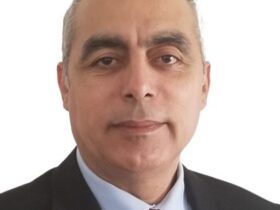


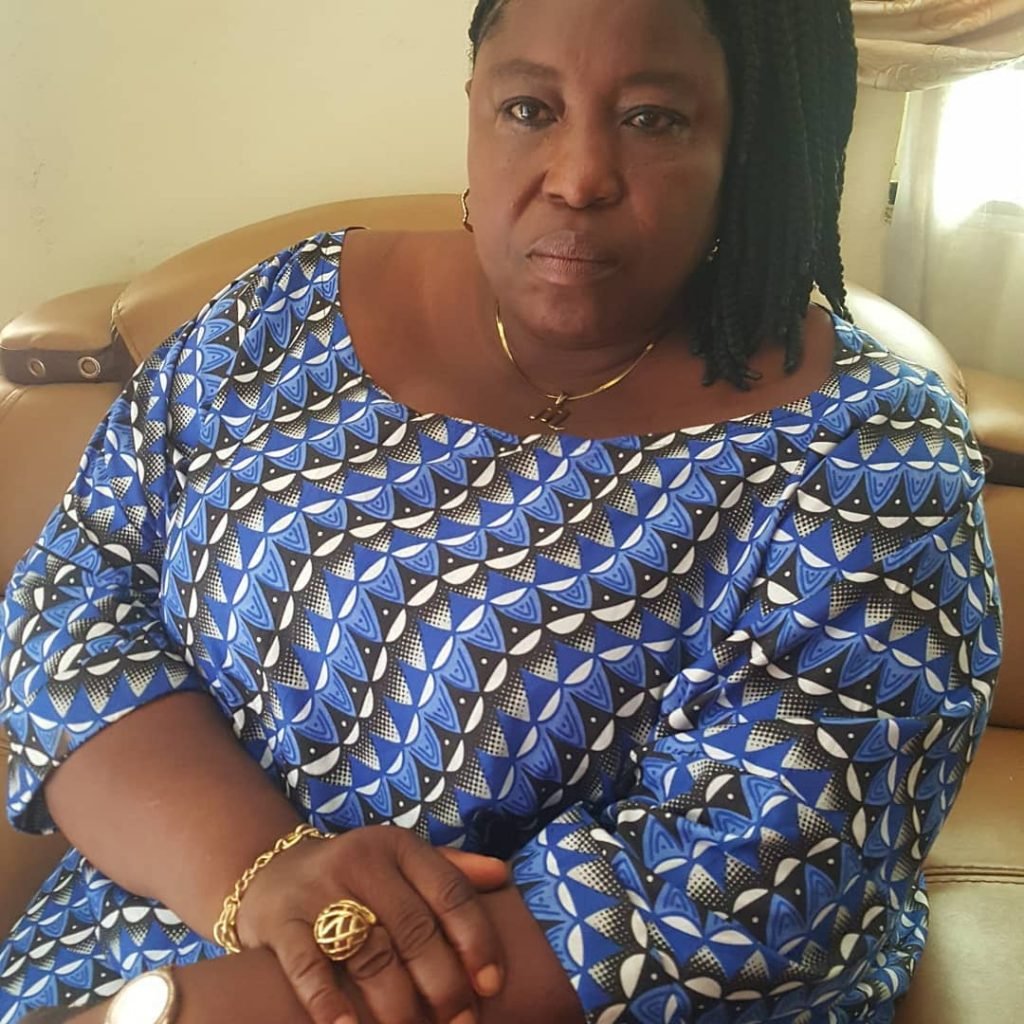

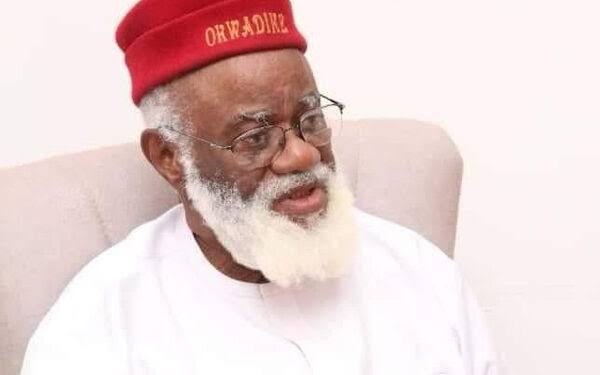


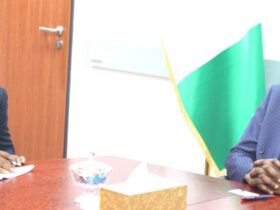

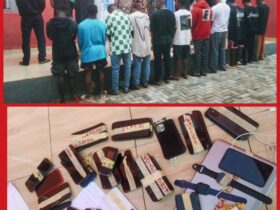
Leave a Reply